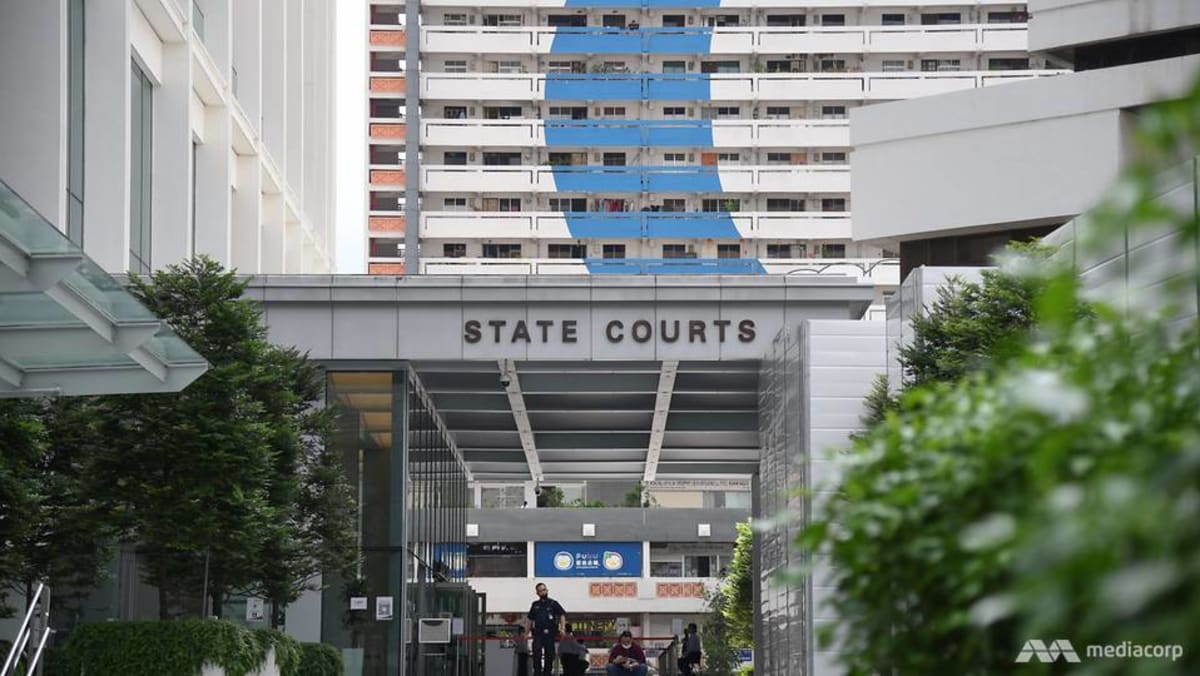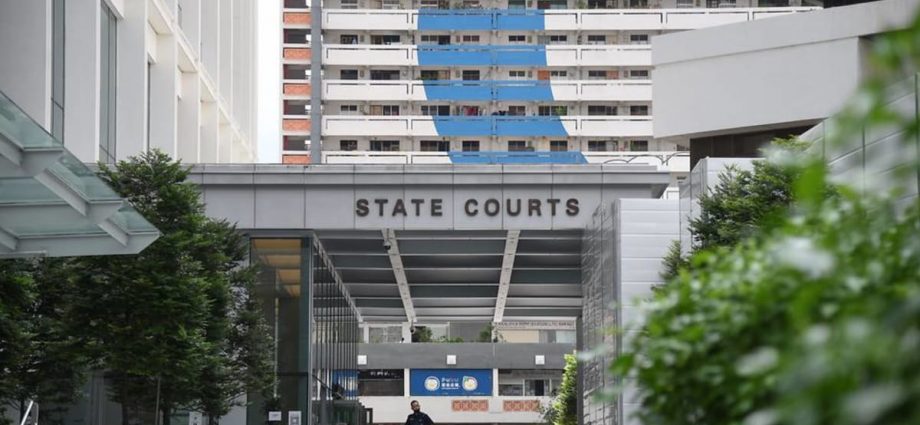
SINGAPORE: A club hostess who accepted a lift from a drunk customer sued him after they got into a traffic accident on an expressway, leaving her with injuries but him unscathed.
In a judgment issued by a Magistrate’s Court on Friday (Oct 7), a judge found the driver 75 per cent liable and accorded 25 per cent of liability to the woman.
According to the judgment, the plaintiff Ms Oh Jin Lian worked at Club De Zara at the time of the incident, serving drinks and entertaining customers.
The defendant, Mr Daryl Gui Wee Teck, visited the club with his friends on Sep 1, 2019, with his friends. They had a private room and drank from about 10pm to about 2am the next morning.
Mr Gui and his friends then left the club and went to Club Gaga, where they continued drinking until about 5am.
Ms Oh, who had attended to Mr Gui’s party at various points at Club De Zara, also went to Club Gaga with her own group, joining Mr Gui’s group from time to time.
At about 5am, both groups made plans to leave, intending at first to take taxis home, with Ms Oh and Mr Gui sharing a cab.
However, after Ms Oh’s colleague and Mr Gui’s friends left, Mr Gui tried to drive Ms Oh home. They were both drunk at the time.
On the way home along the Central Expressway, they got into an accident and Ms Oh sustained injuries that were unspecified in court documents. She later sued Mr Gui.
DRIVER ARGUED THAT HOSTESS DID NOT WEAR SEATBELT
Mr Gui did not dispute that he was negligent, but disputed liability, saying that Ms Oh had taken a lift from him even though she knew he was drunk.
He also asserted that Ms Oh did not wear a seatbelt and said she had distracted him by tapping his hand and asking him to look at her while he was driving.
District Judge Ng Tee Tze Allen found that the evidence did not support the finding that Ms Oh had not worn a seatbelt. On the point of Ms Oh allegedly distracting Mr Gui, Mr Gui did not rely on this allegation and did not raise the point in his closing arguments. As a result, the judge made no finding on this.
Judge Ng accepted that a passenger can be guilty of contributory negligence if they accept a lift from a driver they knows is drunk.
Ms Oh had argued that she accepted the lift because Mr Gui insisted on giving her one. She claimed that she did not know how much Mr Gui had drunk that night, and said Mr Gui had “held out himself as someone being fit to drive”.
The judge accepted that it was Mr Gui who offered Ms Oh a lift, even though Mr Gui initially claimed that Ms Oh had asked him for a ride home.
Judge Ng said he “had little doubt” that Ms Oh knew that Mr Gui had drunk a lot before he offered her a lift home. Even though there was some dispute as to how much time Ms Oh spent with Mr Gui that night, they were in the same nightclubs between 10pm and 5am and Ms Oh had seen Mr Gui drinking.
It was also Ms Oh’s own evidence that she had been working in nightclubs for more than a year at the time, so she would have known that patrons such as Mr Gui would have been drinking, said Judge Ng.
Ms Oh should have appreciated the risk of Mr Gui being in no position to drive, said Judge Ng. This was underscored when a fellow hostess asked Ms Oh to take a taxi home with Mr Gui instead.
The judge rejected Ms Oh’s assertion that Mr Gui “held himself as someone being fit to drive”, pointing to how she admitted on cross-examination that she had not asked Mr Gui if he was fit to drive, nor did she check if he was fit to drive.
The judge found that Ms Oh had failed to take reasonable measures to guard against foreseeable harm.
“Even though she knew that the defendant had been drinking for six to seven hours, she placed her life in his hands by allowing him to drive her home without even checking whether he was in a state to do so,” said the judge.
Judge Ng found that Ms Oh was not “free from blame”, as she knew that Mr Gui had been drinking and could have chosen not to enter his car.
“Indeed, given her occupation, it might be said that she should have been more alive to the risks of accepting rides from drunk drivers than most,” he said.
However, he added that Mr Gui was also not free from blame – he knew he had been drinking for six to seven hours and should not be driving, but still offered to drive Ms Oh home.
“While the plaintiff may have put herself in harm’s way by accepting a lift from the defendant, it was the defendant who initiated the drive. It was also the defendant who was controlling the car. Quite clearly, he had greater control over whether parties met with an accident or not,” said the judge.
He gave interlocutory judgment for Ms Oh to the extent of 75 per cent of the damages to be assessed.

